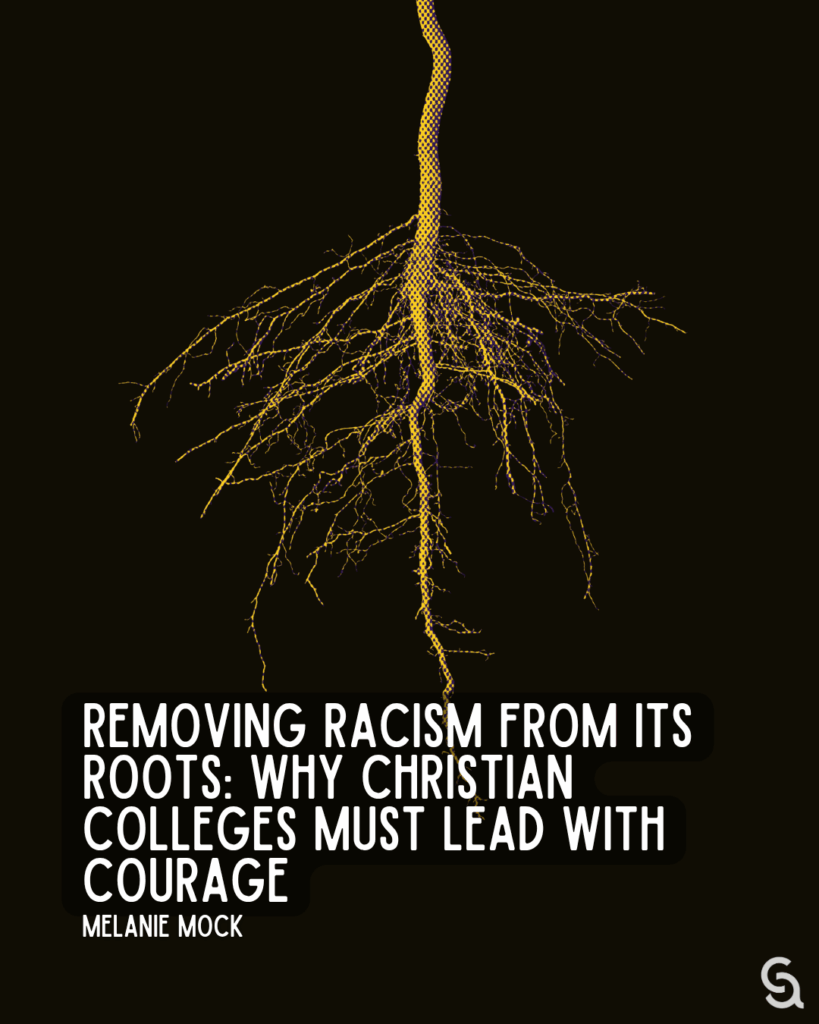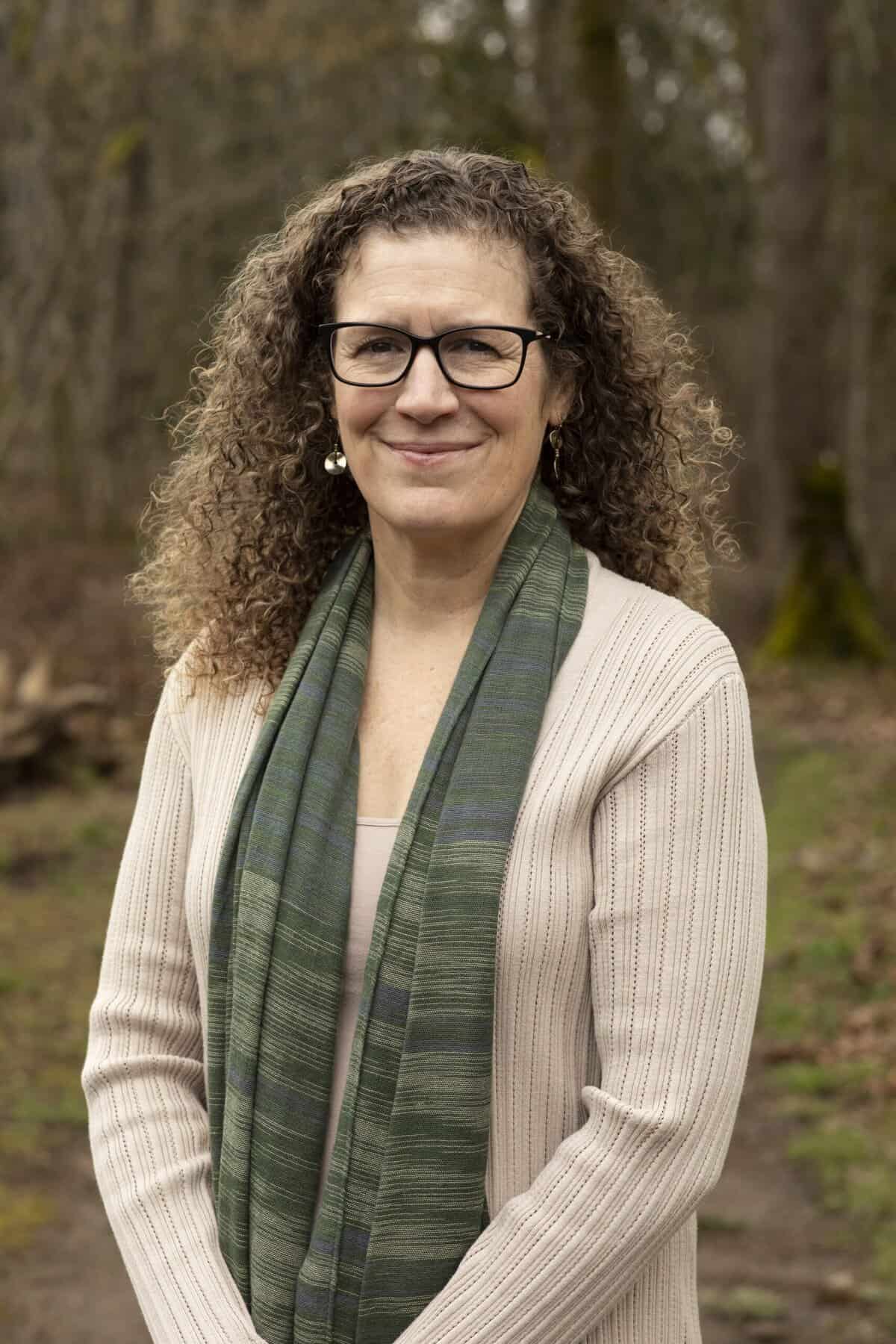 In September 2008, a group of students hung a cardboard effigy of Barack Obama from an oak tree at the university where I teach. An accompanying sign, meant to critique Obama, suggested that the soon-to-be president, a Harvard-educated lawyer, wouldn’t qualify for a selective diversity scholarship at my institution.
In September 2008, a group of students hung a cardboard effigy of Barack Obama from an oak tree at the university where I teach. An accompanying sign, meant to critique Obama, suggested that the soon-to-be president, a Harvard-educated lawyer, wouldn’t qualify for a selective diversity scholarship at my institution.
Although the effigy was removed by an employee before many students had seen it, the “Obama Incident” made national news, and university officials strongly and publicly condemned the event. The students responsible received long-term suspensions from the college.
It would have been easy to discount the students’ actions as foolish and immature, but the university boldly named the racism that informed the incident, including the deeply troubling symbolism of a Black man, even in effigy, being hung from a tree.
Nearly 20 years later, not much ground has been gained in abolishing racism from our country; indeed, it seems we are moving backward.
A Legacy of Silence and Complicity
Just this month, a real Black man, Trey Reed, was hung from a tree at Delta State University in Mississippi. Though that death was ruled a suicide by police, the family — believing Trey was lynched — has requested an independent autopsy, paid for by former professional football player Colin Kaepernick.
The Supreme Court recently decided that Immigration and Customs Enforcement agents can stop and detain people based on their skin color. Rhetoric and policy changes from our national leaders have made racism great again, and hate crimes in the U.S. have risen dramatically in the last decade, with over one-half of those categorized as race-related incidents.
The racist rhetoric is getting louder, more intense, and more unsettling. The assassination of a podcaster known for incendiary language about race has been lionized by countless churches and Christian leaders.
While his death was shocking and tragic, and should be denounced by all Christians, the podcaster’s memorial became a paean to white supremacy, with speaker after speaker heralding the greatness of Western (read: white) culture, cloaked in “Christian” language.
Theologian Nijay Gupta provides an incisive analysis of the podcaster’s problematic legacy, as well as a plea to Christians to consider how “unqualified praise” for the podcaster “will inevitably have an equal and opposite reaction of marginalization and harm for people of color, people like me.” Black and Brown Christians at white churches were terrified to go to church last Sunday, wondering if there would be unqualified praise for a man who preached that non-whites have a lesser intelligence and that Asians are stealing ‘white’ jobs.”
Given our current charged climate and the ascendancy of bold white supremacy, it is imperative that Christian colleges and seminaries become national leaders in naming and eradicating racial injustice. But so far, that does not seem to be happening.
Christian Colleges at a Crossroads
Instead, some institutions are choosing fear and thus silence, aware of the narrow road they must take to please constituents and stay economically viable. Those constituents have considerable financial power, as well as connections in high places, including a United States federal government focused on abolishing any programs intending to promote racial justice.
One recent case proves this tension: Belmont University, a Christian college in Nashville, Tenn., faced the government’s wrath this July when House Representative Andy Ogles accused Belmont’s “Hope, Unity, and Belonging” department of being “DEI in disguise.” His accusation, including the claim that Diversity, Equity, and Inclusion is “radically un-Christian,” was picked up by right-wing influencers, including Charlie Kirk.
Belmont is now under an especially vindictive microscope, though for its part, Belmont affirmed in a statement that, “We remain committed to our core Christian identity and providing the highest quality educational experience for our students.” Their work for racial justice–and more broadly, their commitment to students–will no doubt face more scrutiny.
Christian universities, witnessing the incident, have been warned.
Some schools had already shuttered their DEI programs, rebranded them, or had them absorbed into other on-campus initiatives, thereby limiting their effectiveness. Others have made less effort to include diverse voices in on-campus programming.
Austin Channing Brown, a prominent Christian author and a Black woman, posted recently on Threads that, “As a racial justice educator, I used to be on a college campus almost once a week. I don’t remember the last campus I was invited to. And my last gig was more than a year ago.”
In his post, Gupta, a professor at Northern Seminary, writes that he expects a backlash from his words, aware that people will seek to silence his witness. But being quiet is no longer an option, Gupta says. “I just can’t be silent,” he writes. “We simply can’t realize a vision for Christ’s many-colored kingdom when some of us are treated as second-class citizens with lesser worth and intelligence. If my white brothers and sisters want Black and Brown people to feel safe in their churches and ministries, you need to have open ears and hearts right now.”
Gupta’s boldness in the face of certain criticism is a model for how Christian institutions should respond in this moment, especially if they want Black and Brown students to feel safe on their campuses, but also because we are called to racial justice by Jesus and by his example.
Rooting Out Racism with Courage and Faith
And certainly, colleges and seminaries have theological statements that should serve as their guide for supporting racial justice.
- Statements that affirm the imago Dei, that of God in everyone.
- Statements that celebrate the diversity of humanity.
- Statements that talk about God’s love and grace, reflected in God’s creation, and in the biblical story.
- Statements that reflect the primacy of Jesus’ gospels in providing a model for how we act in the world.
- Statements that focus on neighbor love as one of Jesus’ greatest commandments.
Christian colleges and seminaries that accept the theological commitments written in their guidebooks and on their websites should embrace this moment, and the opportunity to live not as our world does, with white supremacy and Christian nationalism at our doorstep, but as people of faith, ignited by Jesus’ ministry rooted in love.
In The Fearless Christian University (2025), sociologist John Hawthorne argues that too many Christian institutions have become reactionary rather than forward-thinking, fighting cultural wars rather than being prophetic, and fearful rather than acting with courage. His analysis of current Christian higher education leads him to conclude that “if Christian universities are to thrive in the coming decades,” they need to be fearless in their witness, rather than accepting the status quo.
Right now, the status quo is silence, which is complicity. But it doesn’t have to be that way.
This summer, the last of the oak trees were removed from the quad at my university, including the tree from which Obama’s figure hung in effigy. Though the trees were beautiful, their unseen roots had been destroyed by rot, making them a hazard for falling and imperiling others.
These oak trees seem like an apt metaphor: Christian institutions have a beautiful mission, and a beautiful opportunity to reflect Jesus’ life and ministry. But as long as racial injustice remains at their rotten roots, these institutions will imperil anyone who steps on campus. It’s time to boldly take away the rot, name the racism endemic to our country, and begin the work of reconciliation and healing.
 Melanie Springer Mock isprofessor of English at George Fox University, in Newberg, Oregon, where she primarily teaches first-year writing, memoir, and journalism courses. She is author or coauthor of six books, including Finding Our Way Forward(Herald Press, 2023). Her essays and reviews have appeared in Ms. Magazine, The Nation, Christian Feminism Today, Chronicle of Higher Education, and Anabaptist World, among other places.
Melanie Springer Mock isprofessor of English at George Fox University, in Newberg, Oregon, where she primarily teaches first-year writing, memoir, and journalism courses. She is author or coauthor of six books, including Finding Our Way Forward(Herald Press, 2023). Her essays and reviews have appeared in Ms. Magazine, The Nation, Christian Feminism Today, Chronicle of Higher Education, and Anabaptist World, among other places.


